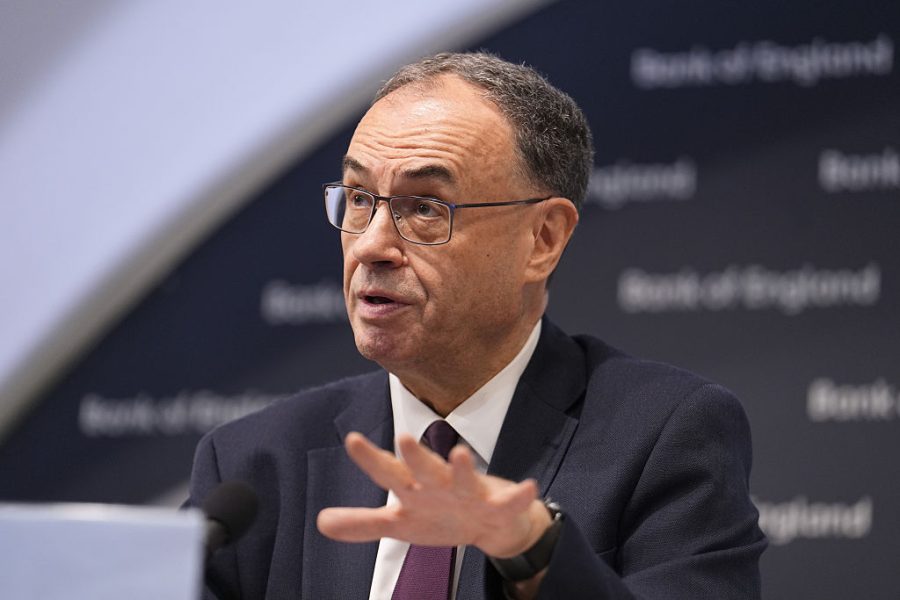There is not a lot of good news on the British economy at the moment: prices are rising rapidly, job vacancies are falling and taxes are almost certainly going to be hiked again in the autumn to fill the ‘black hole’ that has opened up in the nation’s finances. But there is this. Free money is back. ‘Real’ interest rates, which are the only ones that matter, have plunged back close to zero. But we shouldn’t celebrate too soon: this is going to be a disaster for the economy – and we will all have to live with the consequences.
Today’s inflation data from the Office for National Statistics came out far higher than anyone expected, with prices now rising at 3.8 per cent. Only last week, the Bank of England cut interest rates to 4 per cent. The net result? The ‘real’ interest rate – the difference between inflation and the headline rate – has suddenly dropped to only 0.2 per cent.
At 4 per cent, inflation will just keep on rising
It is as close to zero as to make no difference. Indeed, given the time lags in the data, we may already be at zero, or perhaps even below it. If you owe money, it is effectively ‘free’. That is a very sudden move. Only a month ago, the ‘real rate’ was 0.65 per cent.
That is crazy. In the textbooks, ‘real’ interest rates are meant to run at around 2 per cent, a rate at which prices are kept stable, and savers are able to earn a meaningful return on their money. They are only meant to go to zero in exceptional circumstances, such as a financial crisis or a deep recession. Britain hasn’t experienced either. Instead, we have arrived at zero rates on account of incompetence by the Chancellor Rachel Reeves and the Governor of the Bank Andrew Bailey, who were probably the only two people in the country who didn’t realise that the Budget last autumn would push up the rate at which prices were rising.
There are two big problems with a zero real interest rate. First, it is far too low to control inflation. The headline rate should be at least 6 per cent by now, but at 4 per cent, inflation will just keep on rising. It is also far too low to attract global money into the UK. The British government borrowed £148 billion last year to finance all its spending, and much of that came from abroad; this year’s total will probably be even higher.
But why lend money to the UK when the rate of return is zero? It doesn’t make any sense, and we should hardly be surprised if the bond market decides not to bother. The ‘real’ rate of interest is far too low – and sooner or later the Bank of England will have to wake up to that.






Comments